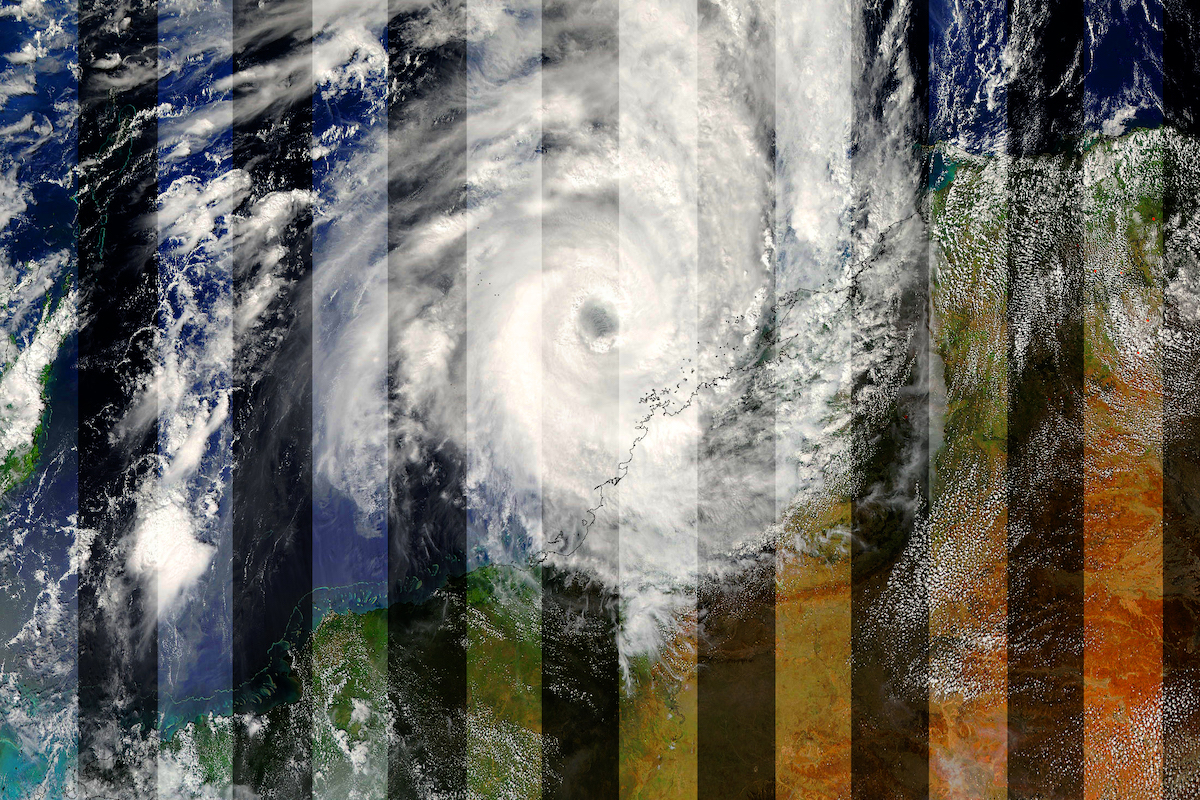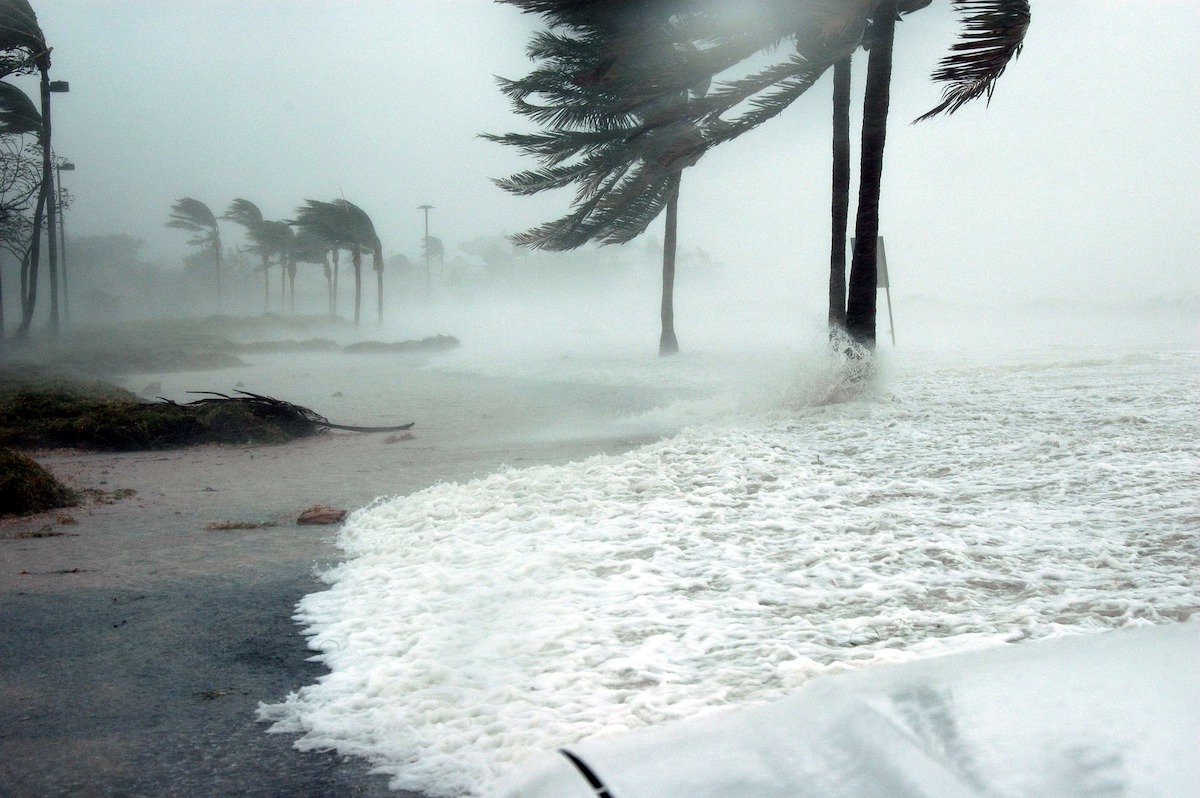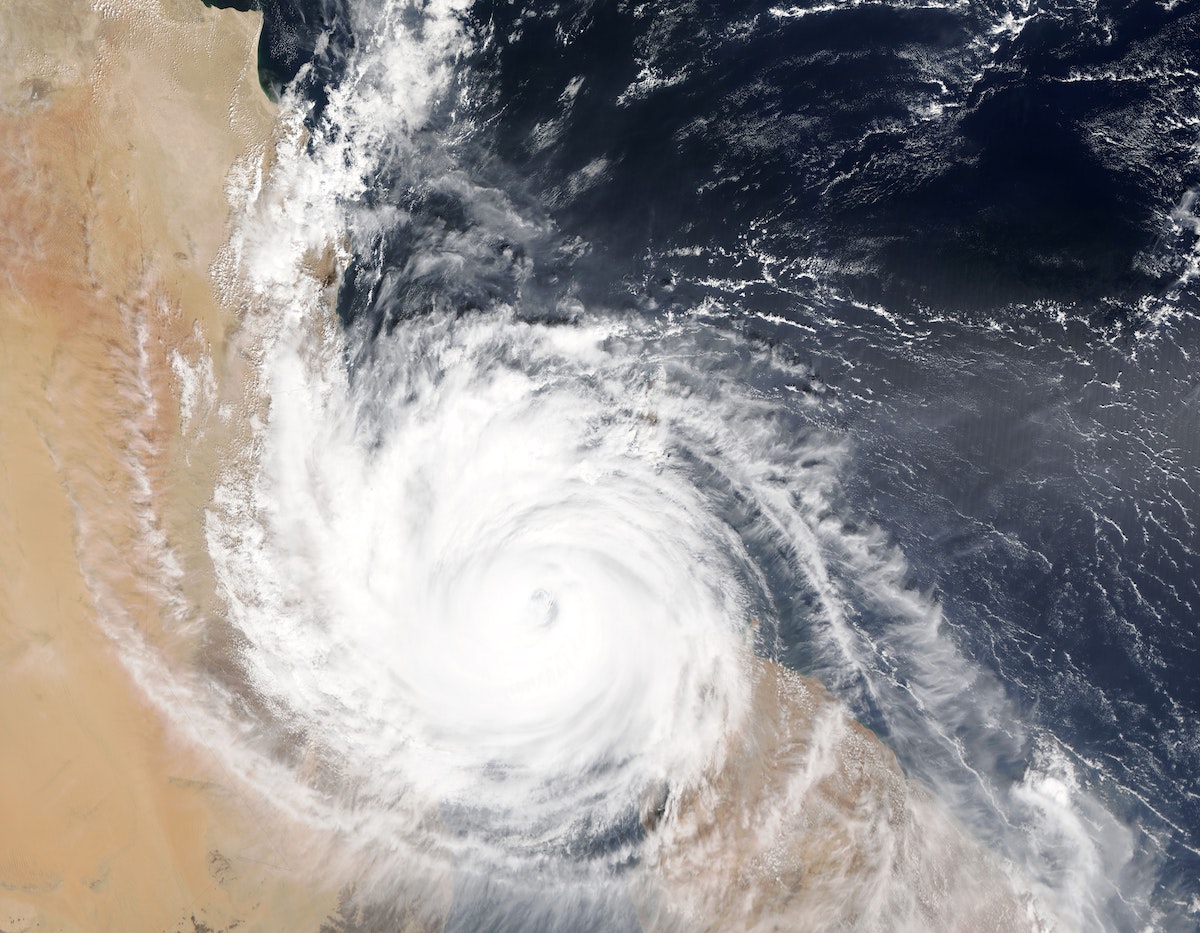-
Research brief: How the IOD Changes with global warming

All data sources agree that positive IOD events are becoming stronger and occur more often and that the mean-state of the Indian Ocean is moving towards a more positive IOD-like state due to enhanced warming in the west compared to the east.
-
Research brief: How warm water reaches Antarctica

Using a high-resolution ocean model, CLEX researchers unexpectedly found 80% of the transport in the warm water layer, known as Circumpolar Deep Water, approaches Antarctica in the colder regions.
-
Research brief: Analysing a storm within a storm

A recent study by CLEX researchers analysed a sub-cyclone that was part of a major Mediterranean storm in 2012. The results showed how the storm intensified and gave an insight into how these structures can be better forecast.
-
Research brief: CMIP5 and CMIP6 Projections of Australia’s future climate compared

CLEX authors and colleagues from major Australian science organisations investigating climate examined the simulation of Australian climate in the new, state-of-the-art Coupled Model Intercomparison Project, phase 6 (CMIP6) models.
-
Research brief: Historical records show Australia is unprepared for future flooding.

CLEX researchers and colleagues find Australia’s infrastructure would be unable to deal with past flood events and thus is very likely to be unable to mitigate future flooding under climate change.
-
Research brief: Okubo‐Weiss zeta parameter top performer for tracking frequency of future cyclones

New research finds Okubo-Weiss-Zeta parameter scheme has superior performance detecting tropical cyclone frequency characteristics compared to the CSIRO tracking scheme.
-
Research Brief: SST adjustments radically alter projections of tropical cyclones in a warming world

Most climate models correct for current SSTs but don’t correct for the reliability of future SSTs. This study shows that making that additional correction has a profound impact on how tropical cyclones will develop in a warmer world.
-
Research Brief: ROME among the clouds with new radar metric

To better assess the degree of organisation in radar observations CLEX researchers developed the Radar Organisation Metric (ROME). ROME’s statistical properties suggest it is able to distinguish between the degree of convective organisation, and it also captures different regimes of the monsoon in Northern Australia.
-
Research brief: New energy/water dataset obeys energy conservation laws

This study presents a method for combining multiple observational datasets of the energy and water budgets at the land surface from different sources into a single hybrid dataset that conserves energy and mass.
-
Research brief: Simulating tropical cyclones with ACCESS

This two part paper examines the capacity of ACCESS to simulate tropical cyclone climatology and then used the same model to examine the relationship between climate variables and tropical cyclone formation.
